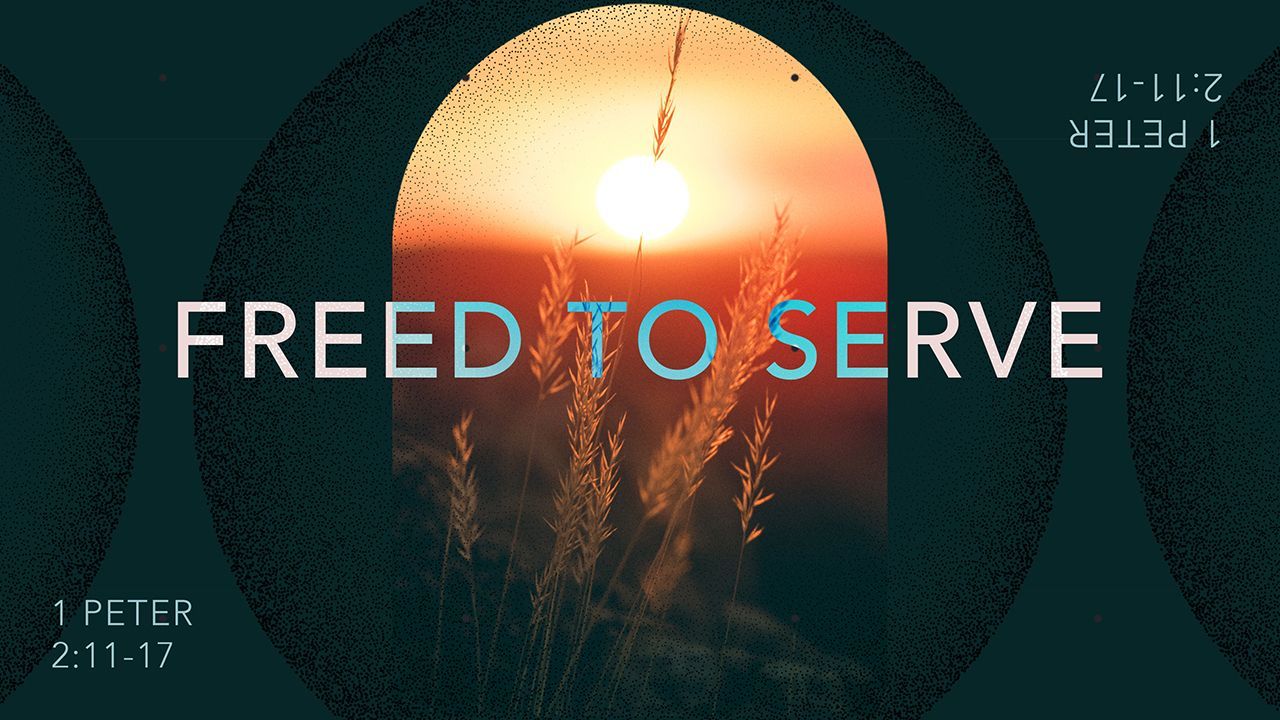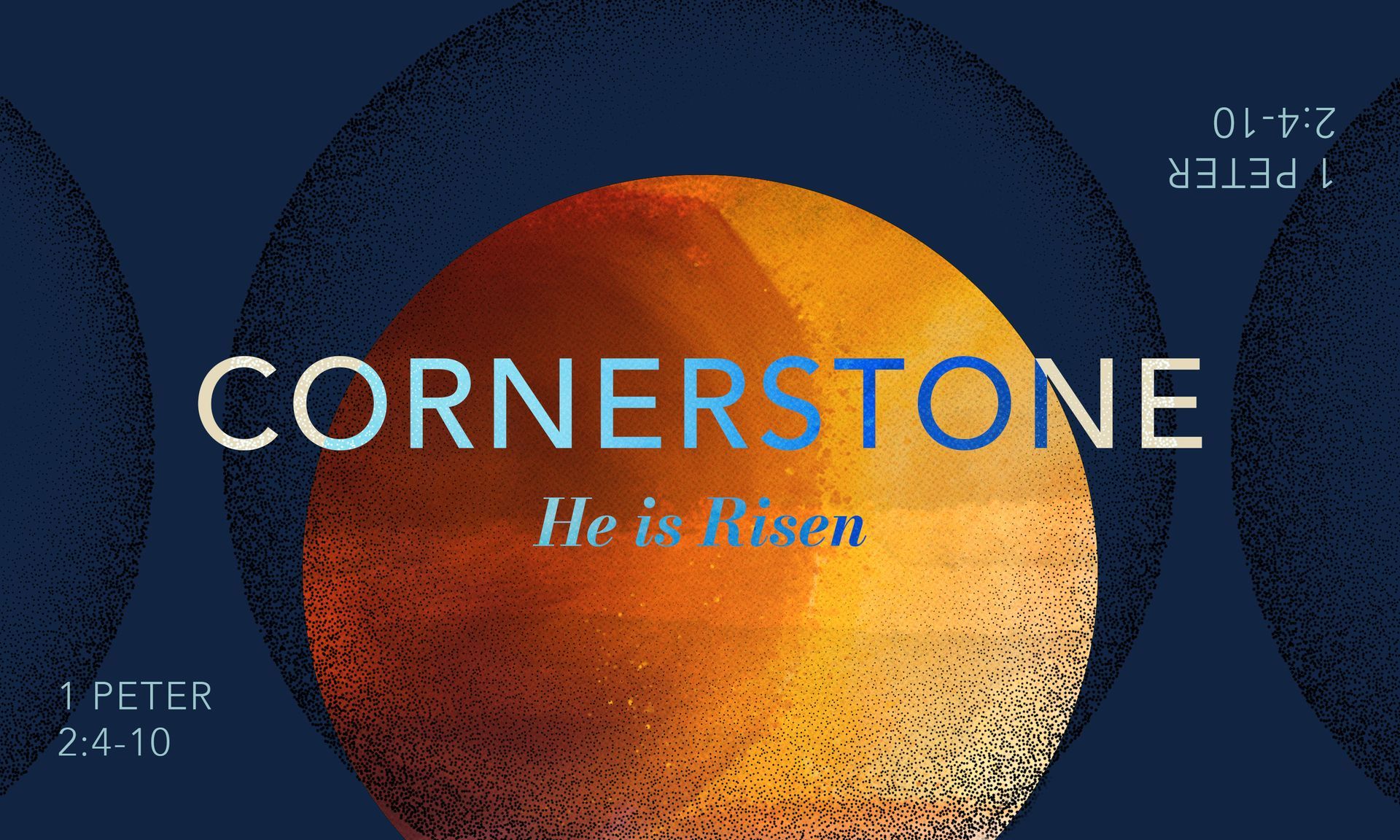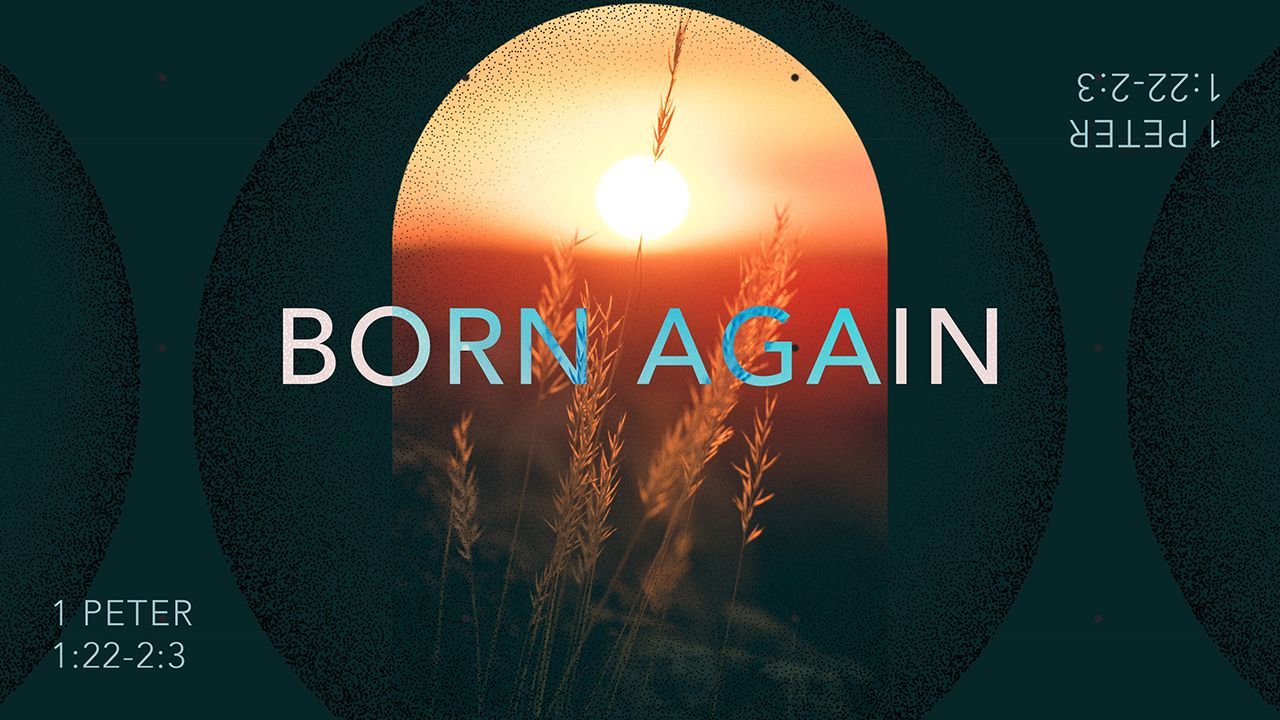A Fountain of Cleansing
Notes from Pastor Ky Martin's message on Zechariah 12 and 13.
This past Sunday we wrapped up our time in Zechariah.
As Pastor Ky mentioned on Sunday, we chose this book for many reasons – references to Zechariah are mentioned 67 times(!) in the New Testament; and, especially in this season leading up to Easter, we learn so much about Jesus and the plan that God had for His people all along.
To recap...
In Chapter 2, we see that He will come and create the church. We also see the man with the measuring line, fulfilled in the establishment of the church. In this, God roused Himself in order to fulfill this promise. This prophecy was fulfilled at the coming of Christ, when He roused Himself not just to intercede, but even to walk among us.
In Chapter 3, we learn that a better high priest than Joshua was coming. This priest would be from the branch of David, and would fulfill the promise of removing all iniquity in a single day.
In Chapter 6, we learn about the Priest King.
In Chapter 8, we learn of the Jew whose robe is touched for healing. Zechariah prophesied that all nations would come to seek God in Jerusalem, grabbing the edge of their robe, thinking: if only I can have some sort of small connection with one of God’s people, then I might share in this blessing. This image reminds us of the woman who was healed by touching the edge of Jesus’ robe.
In Chapter 9, we see the King entering on a donkey.
In Chapter 10, we learn about the commander of the wind and the waves. In this chapter is foretold a leader who would “Pass through the sea of troubles and calm the waves of the sea.” This promised leader’s power would be so great that even the wind and seas obey Him.
In Chapter 11, the Good Shepherd is betrayed with 30 pieces of silver. We saw Zechariah acting out the role of a good shepherd with two staffs – favor and unity. But rather than being accepted, he’s rejected and given 30 pieces of silver that he donates to the temple potter.
To set the stage for Easter, this week (Zechariah 12 and 13) Zechariah zeroes in on a few key prophecies that point to Jesus and His work on the cross.
Zechariah prophecies that…
God will be pierced by His people.
(Zech 13:1)
God’s people will mourn.
Acts 2:22-24, 37, “Men of Israel, hear these words: Jesus of Nazareth, a man attested to you by God with mighty works and wonders and signs that God did through him in your midst, as you yourselves know— this Jesus, delivered up according to the definite plan and foreknowledge of God, you crucified and killed by the hands of lawless men…. Now when they heard this they were cut to the heart, and said to Peter and the rest of the apostles, “Brothers, what shall we do?”
These men were so hostile to Jesus that even though He had hurt no person and done no wrong, they cried out for His crucifixion while petitioning that a robber be spared.
The 180-degree change they experienced can only be explained by God’s Spirit. On the day of Pentecost, God poured out a spirit of grace upon those who rejected the Good Shepherd and pierced the Son, leading them to mourn over what they’d done and to repent.
God’s people will scatter.
(Zechariah 13:7)
Matthew 26:30-31, “And when they had sung a hymn, they went out to the Mount of Olives. Then Jesus said to them, “You will all fall away because of me this night. For it is written, ‘I will strike the shepherd, and the sheep of the flock will be scattered.”
A fountain of cleansing will be opened.
(Zechariah 13:1)
- God killed the Good Shepherd (Zechariah 13:7)
- The shepherd is “struck”
In Exodus, the Israelites had been grumbling because they had no water. God then instructed Moses to strike a rock and “water shall come out of it.” And it was so. (Exodus 17:3-6)
Likewise, the rock struck here gave life to a stubborn, rebellious people.
The fountain is the cleansing blood of Jesus.
Compared to stagnant/limited water of the Old Testament, the water mentioned here is a FOUNTAIN: gushing, abundant, self-sustaining, and available.
“Terribly black must that guilt be for which nothing but the blood of the Son of God could make satisfaction. Heavy must that weight of human sin be which made Jesus groan and sweat drops of blood in agony at Gethsemane.”
– J.C. Ryle, The Sinfulness of Sin
How abundant was the payment that Christ made with His blood, that after Jesus was struck – grace and forgiveness flow forth like a fountain for all who would believe.





